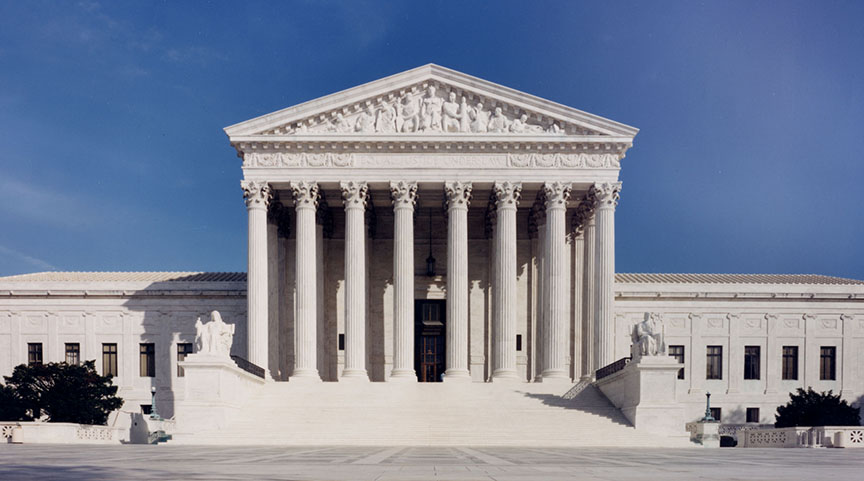Dana Moore prayed – his left hand holding a Bible and his right over John Henry Ramirez’s heart – as the death row inmate took his final breaths Oct. 5, the wish Ramirez had expressed following his turn to Christianity years earlier.
“It was important for John,” Moore, pastor of Second Baptist Church in Corpus Christi, told Baptist Press. “He had deep remorse for his crime.”
Ramirez converted in the county jail years earlier through the witness of Second Baptist member Les Archer, said Moore, who isn’t part of the prison chaplaincy program but serves as a state-designated spiritual advisor. Ramirez became a member of Second Baptist in 2016.
Twelve years earlier in 2004, Ramirez had stabbed store clerk Pablo Castro 29 times in a robbery that brought only $1.25. Ramirez went on the run and was caught in Mexico three years later. He was found guilty in 2008.
“When I meet with inmates, I don’t talk so much but just listen,” said Moore, involved in prison ministry for five years now. “John didn’t talk about the crime too much. But he said he thought about it and the Castro family every day.”
A couple of months ago, Moore said, Ramirez had considered requesting that only the Castro family be present at his execution to further express his remorse. Moore and others convinced him that he would need the presence of his own family as well.
“John’s family is grieving and processing through his death,” he said.
Ramirez and his lawyers filed a federal lawsuit in August 2021 for Moore to be able to pray over Ramirez and touch him during the execution. That lawsuit cited a 2019 Supreme Court ruling that gave another Texas inmate a stay of execution when he was not provided with a Buddhist chaplain.
Ramirez received a stay of execution on Sept. 8, the night he was to be executed, by the U. S. Supreme Court after a federal judge and the Fifth Circuit Court of Appeals both refused.
That same month, the Ethics & Religious Liberty Commission joined six other faith and religious freedom organizations in a request of the Supreme Court to allow Moore to pray over and touch Ramirez during the execution. The request was originally filed by the Christian Legal Society.
The Supreme Court heard oral arguments in the case in November and ruled in support of Ramirez in March by an 8-1 vote, with Justice Clarence Thomas dissenting.
“This is a significant affirmation of religious liberty,” said then-acting ERLC President Brent Leatherwood at the time. “The Supreme Court affirmed that religious freedom does not end at the execution chamber door.”
The case received another twist in April when the Nueces County district attorney asked the judge to withdraw the death warrant, saying it had been requested by mistake. The judge refused.
“I will be there for John, be able to see him and just minister to him and be able to touch him, to kind of give him reassurance, some semblance of peace, that he’s got somebody who’s there on his side that’s with him,” Moore told CNN prior to the execution.
According to media reports, Moore prayed as drugs were administered into the inmate’s right arm and left hand. A fellow church member of Second Baptist sang “Amazing Grace.”
Preceding that, the Associated Press reported, Moore prayed with Ramirez.
“Look upon John with your grace,” he prayed. “Grant him peace. Grant all of us peace.”
“Amen,” Ramirez responded.
Earlier that day, Ramirez addressed his wife, son and friends from the execution chamber, concluding with “I am ready to go.”
To Castro’s family, he said, “I have regret and remorse. This is such a heinous act. I hope this finds you comfort. If this helps you, then I am glad. I hope in some shape or form this helps you find closure.”
One of Castro’s sons called the execution “a long time coming” and said Ramirez’s apology was “not going to bring our dad back.”
“He could say what he wanted to say. Whether it’s true, who knows? I feel my dad finally got his justice, but I’m not happy about the situation,” Fernando Castro said.
(EDITOR’S NOTE – Scott Barkley is national correspondent for Baptist Press.)

